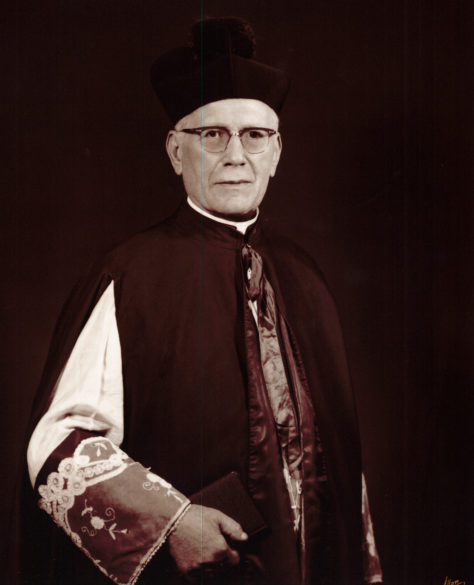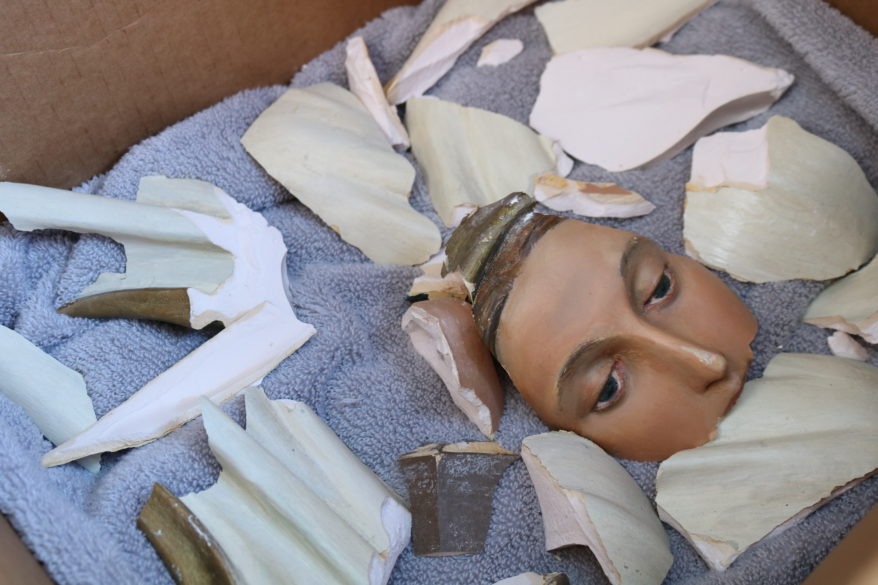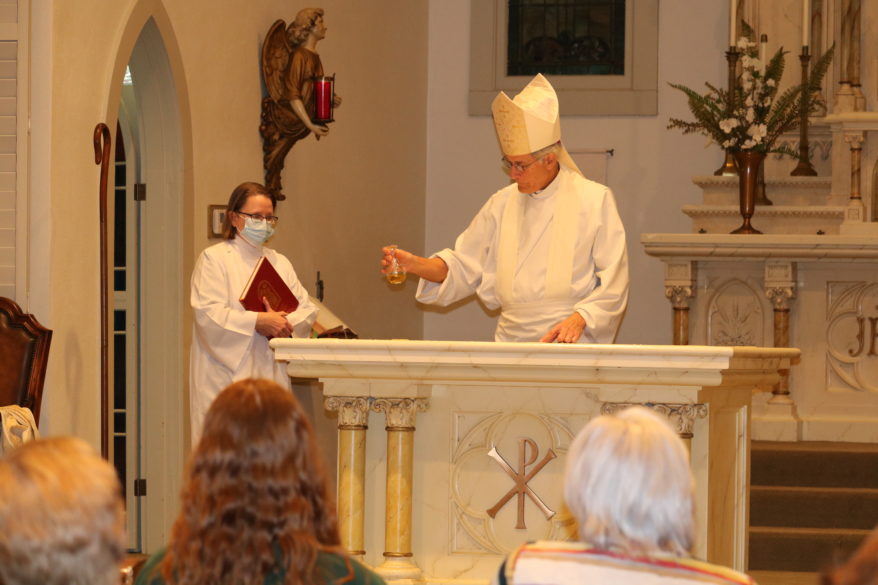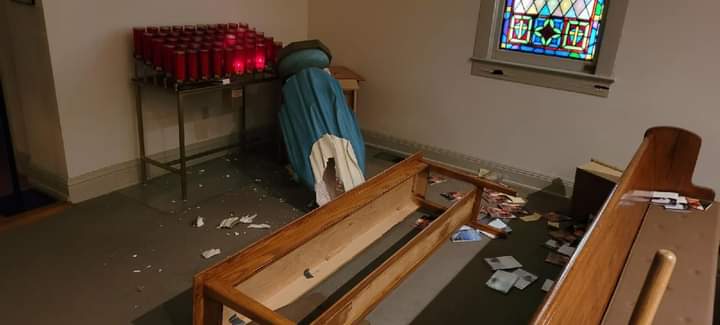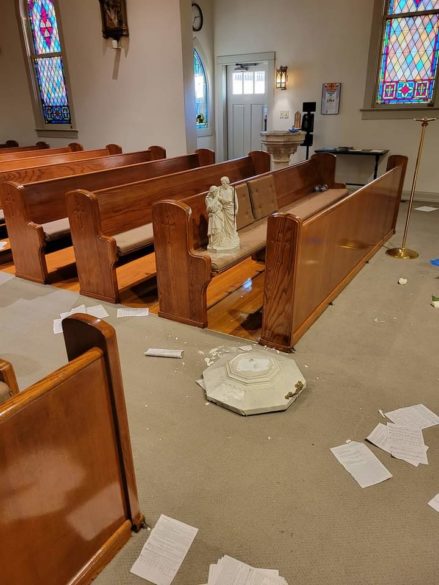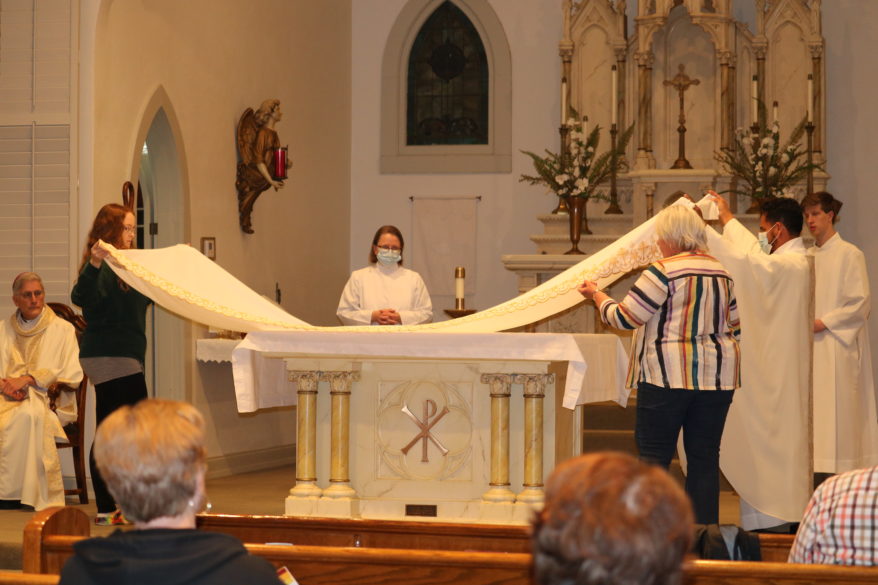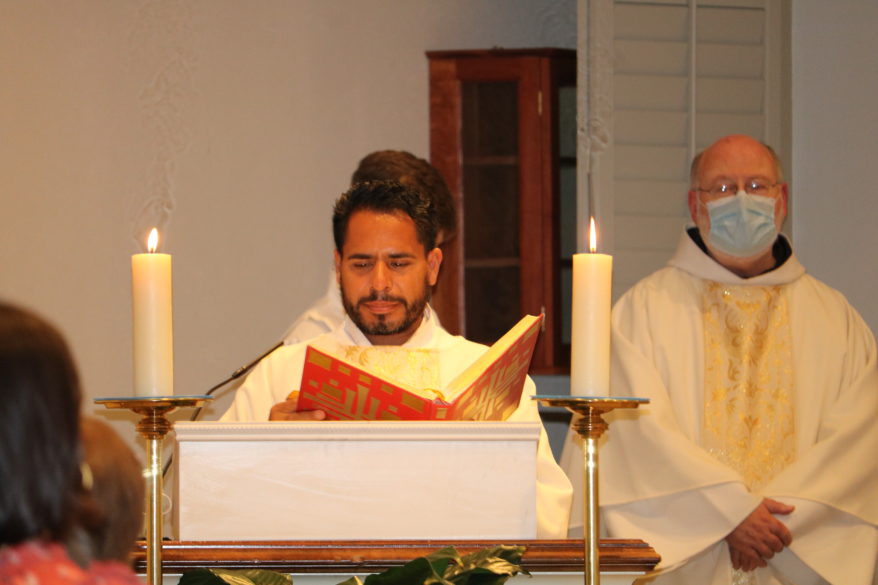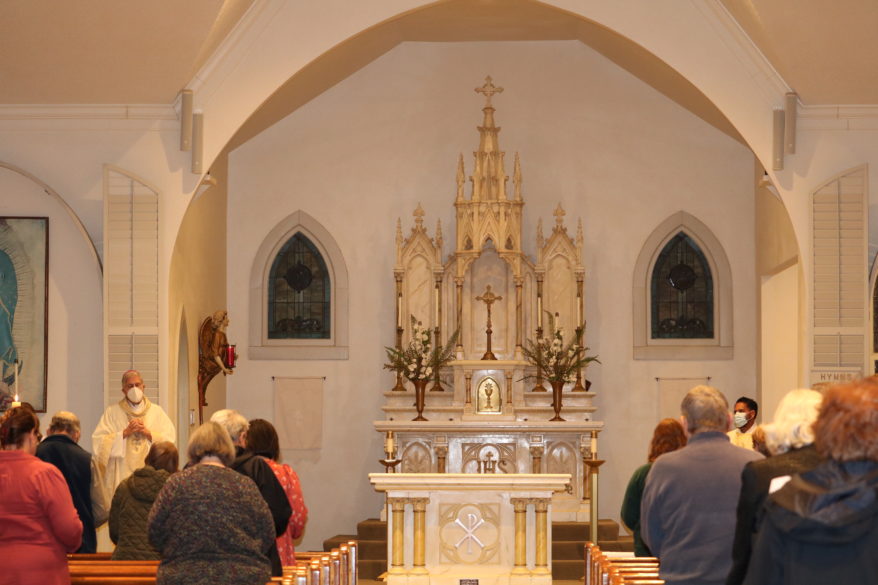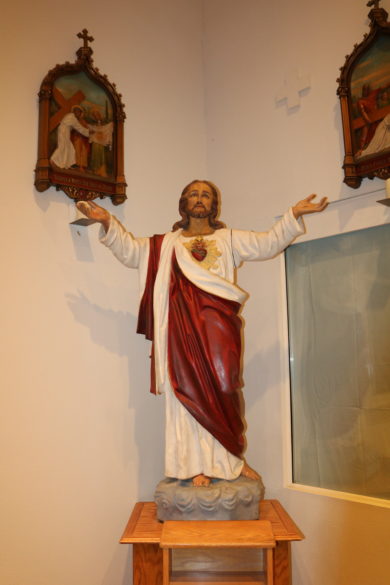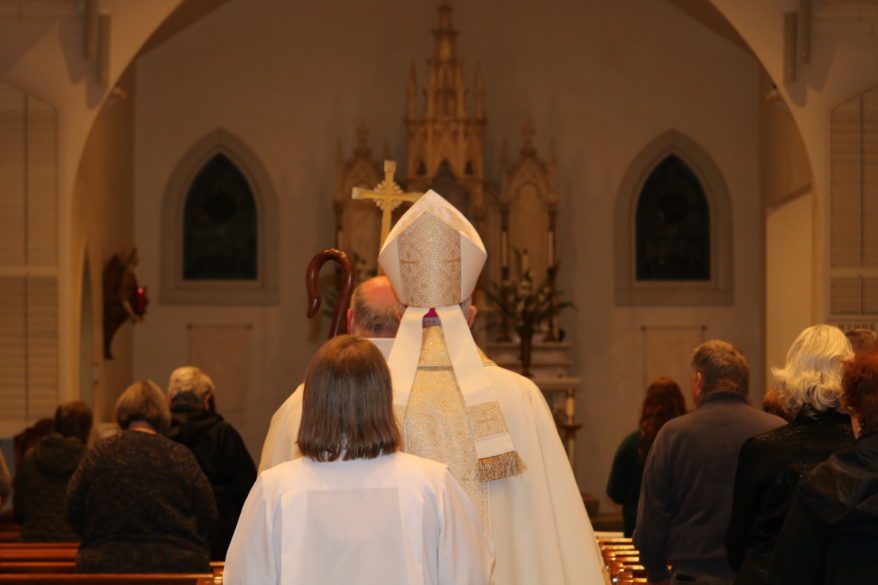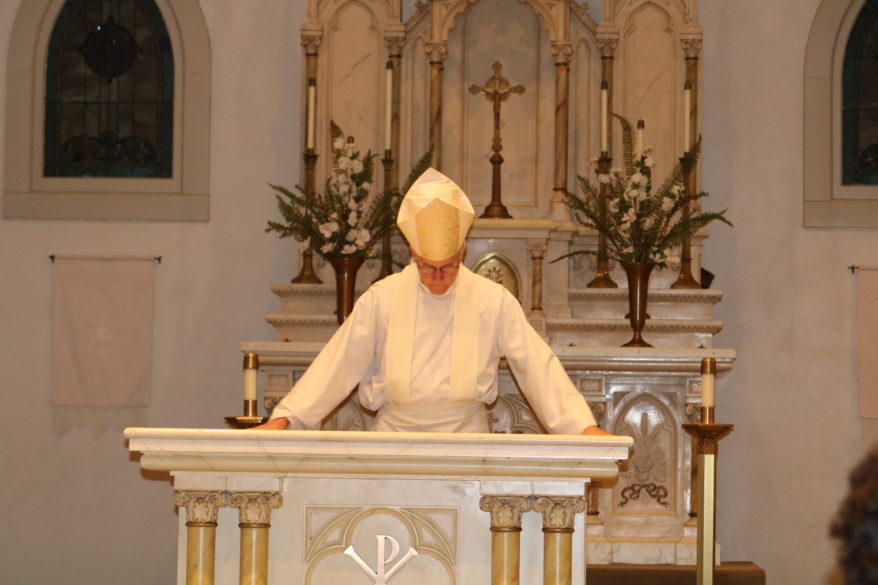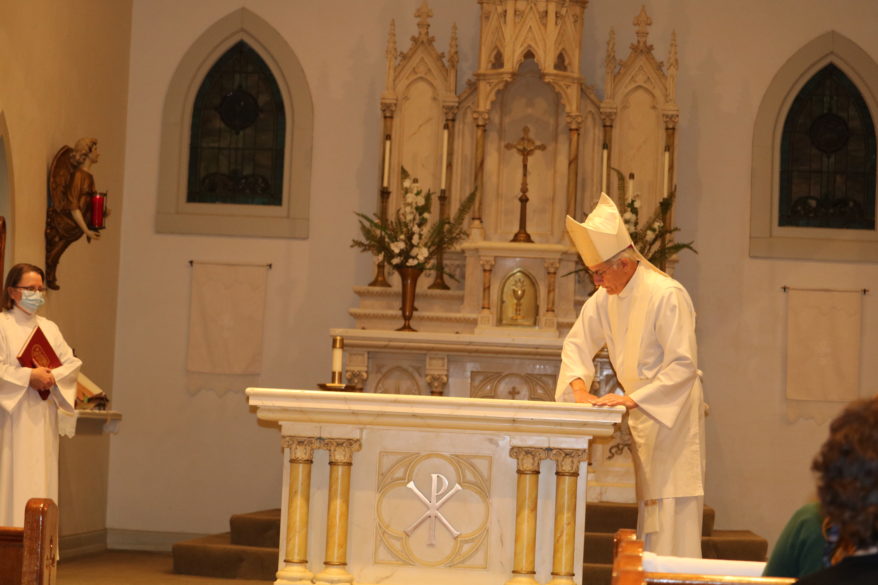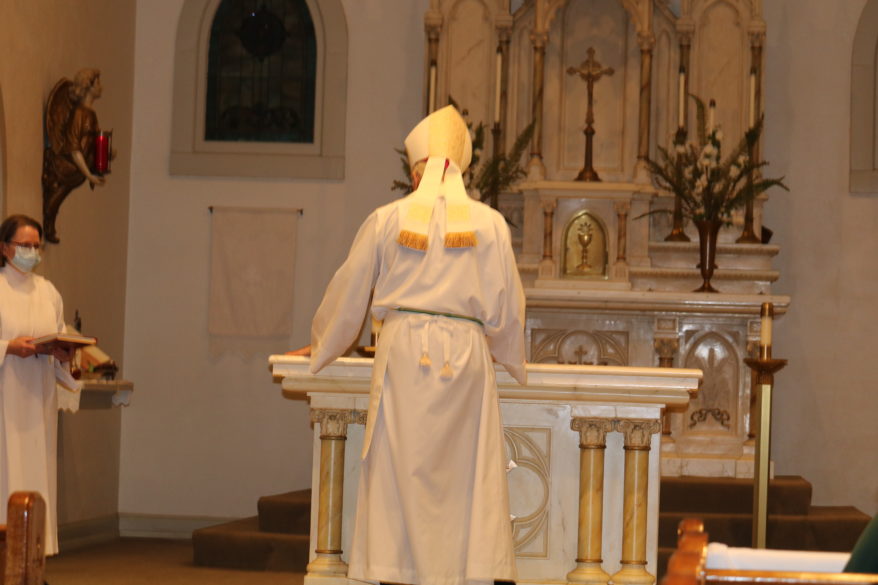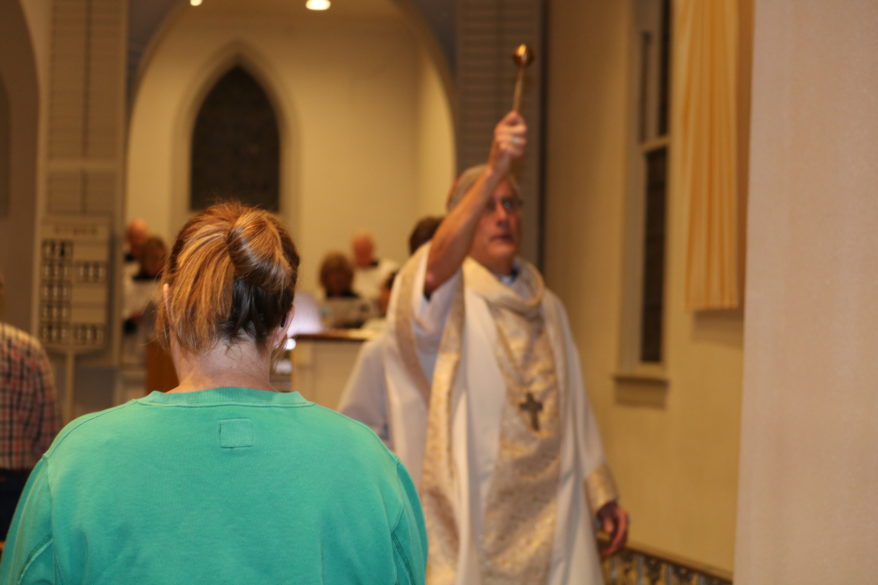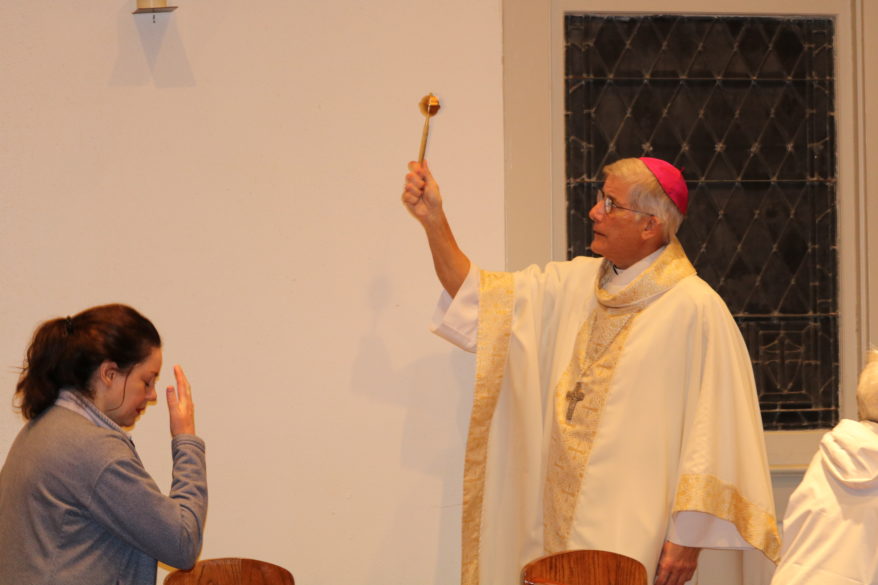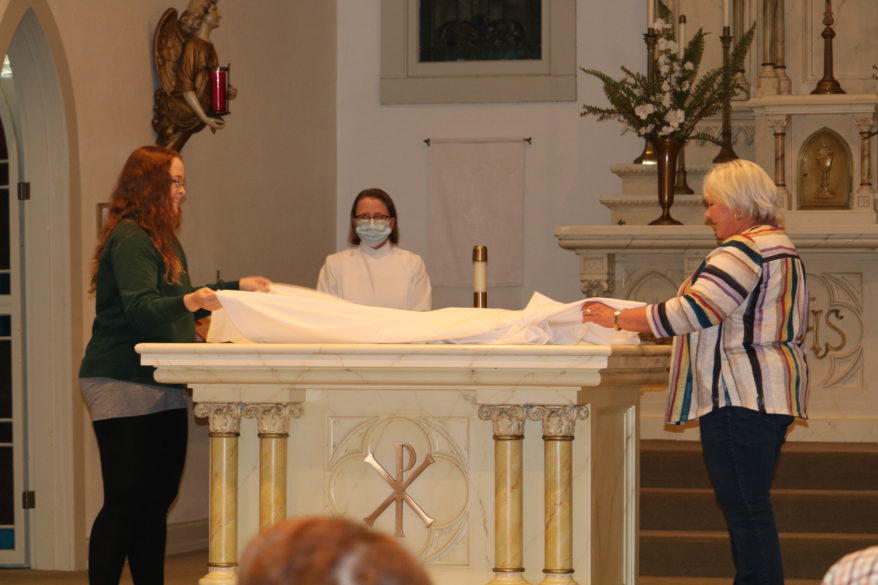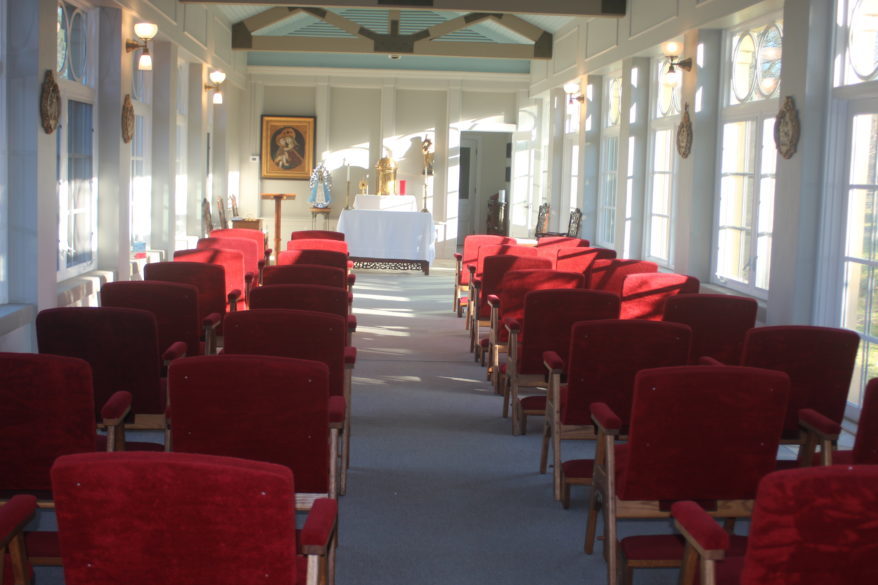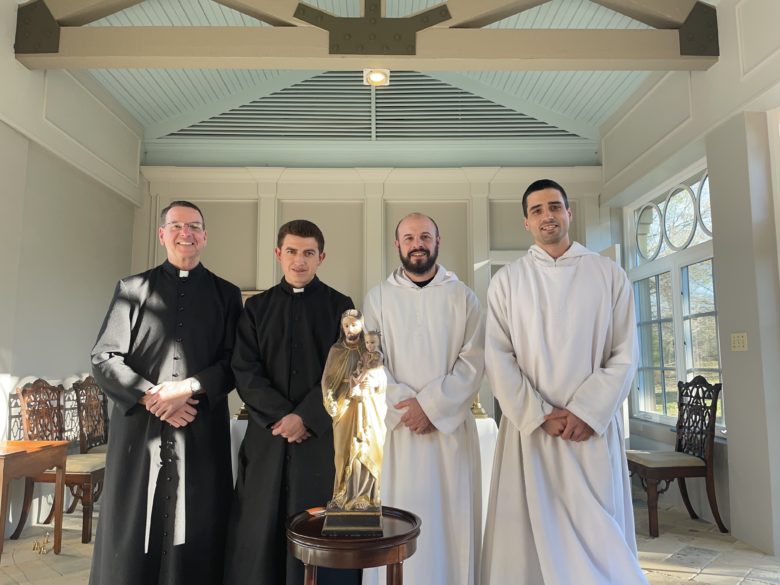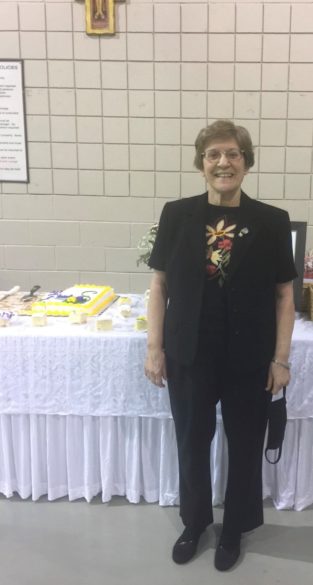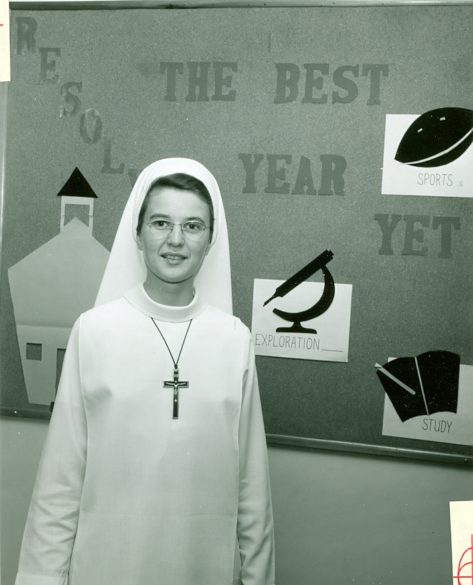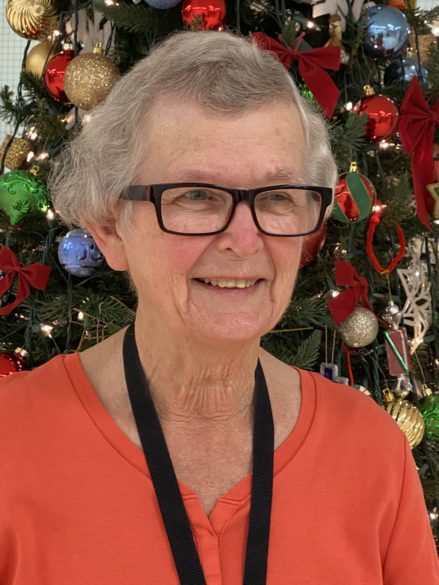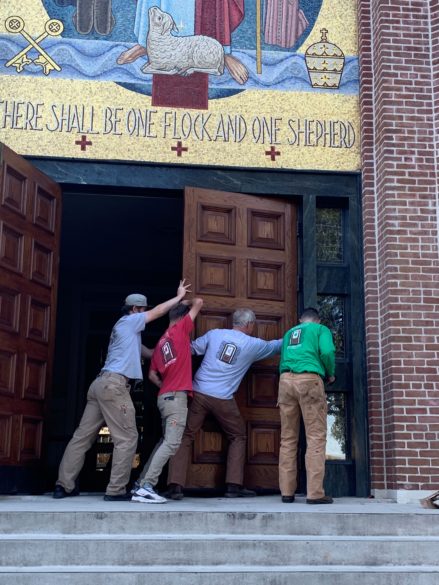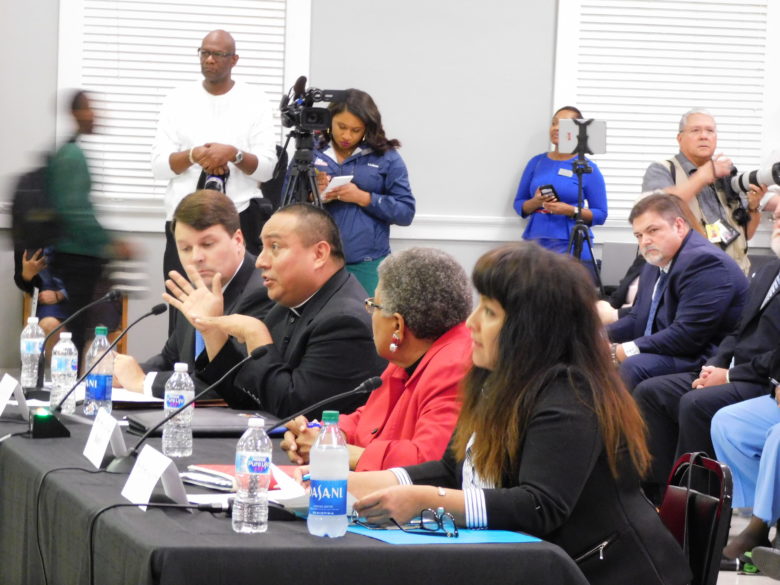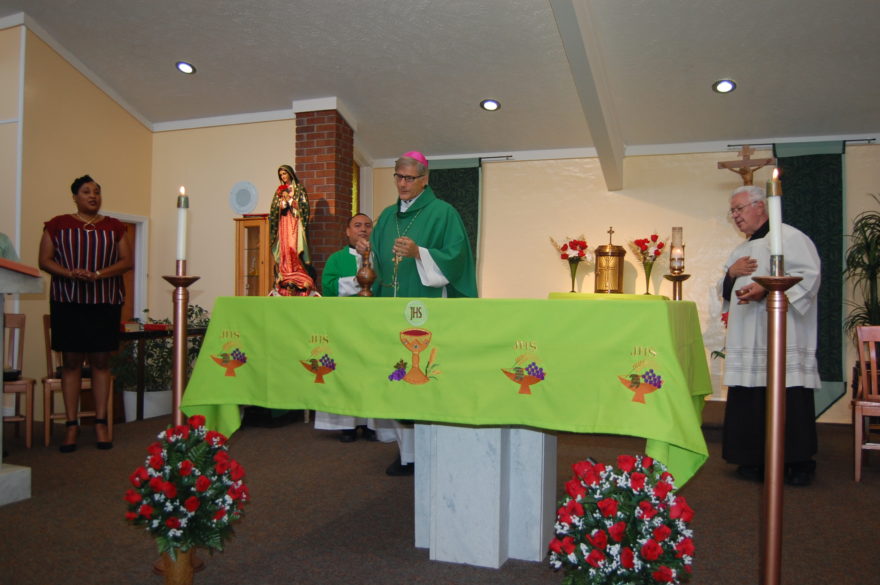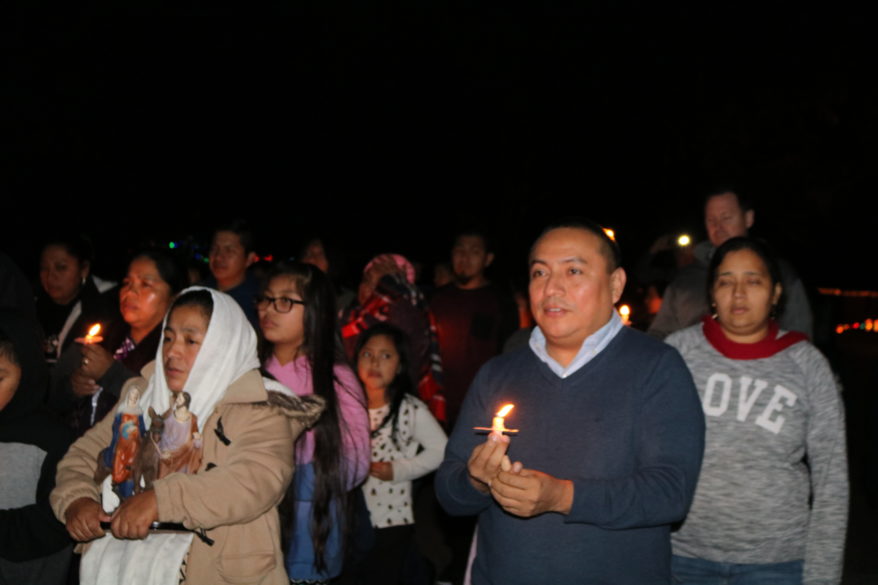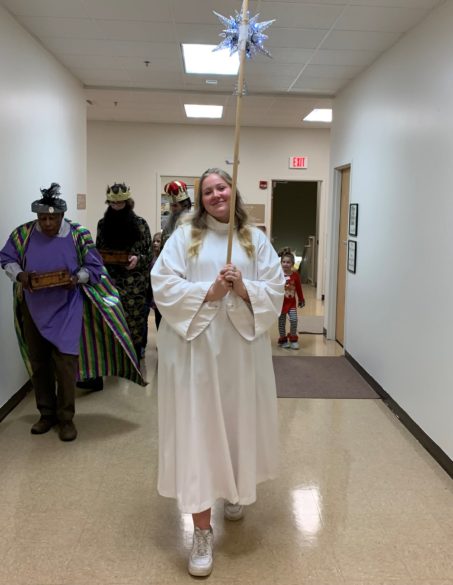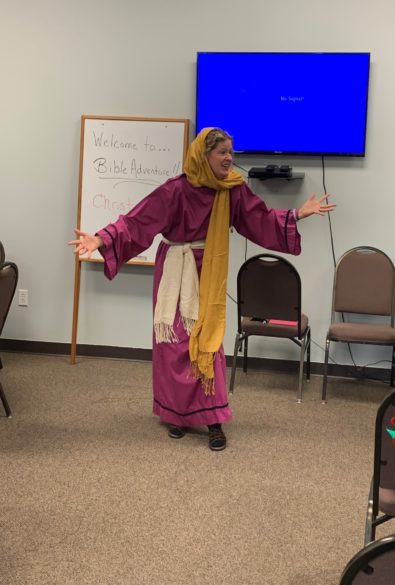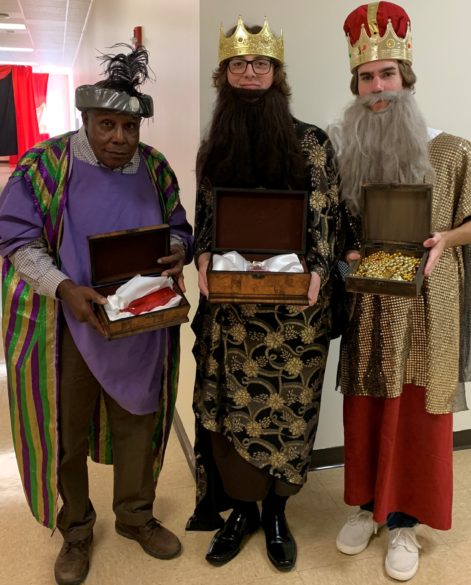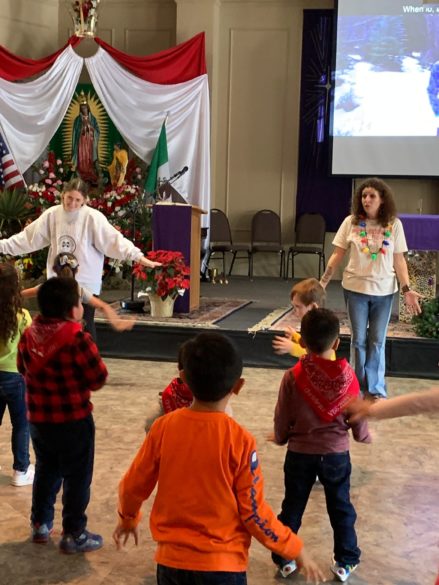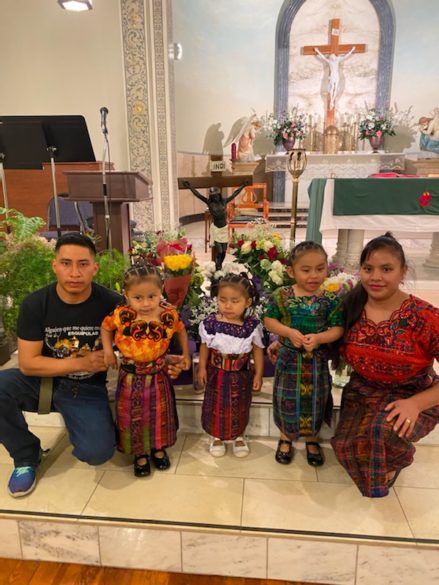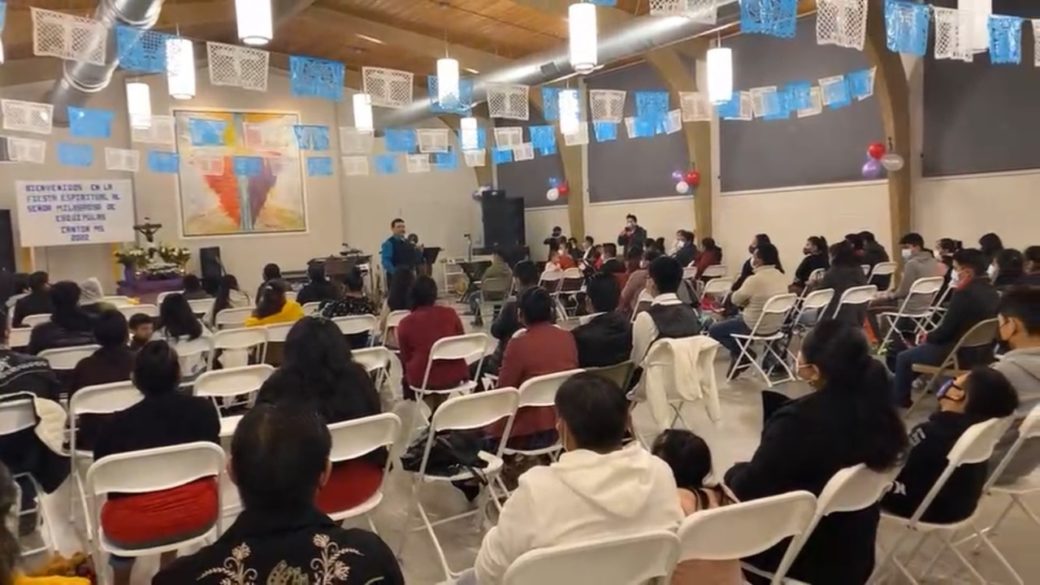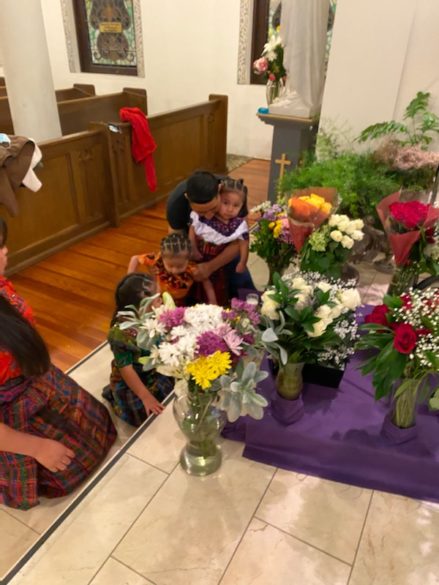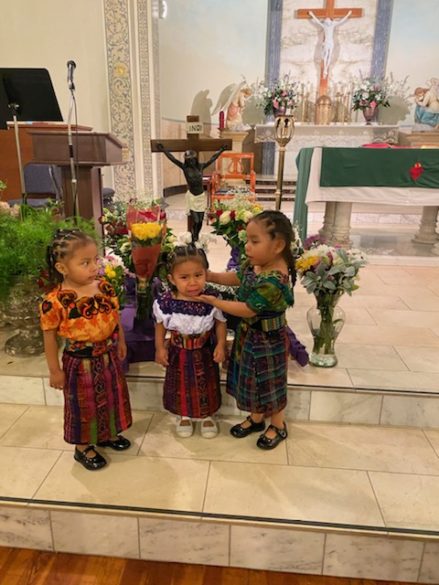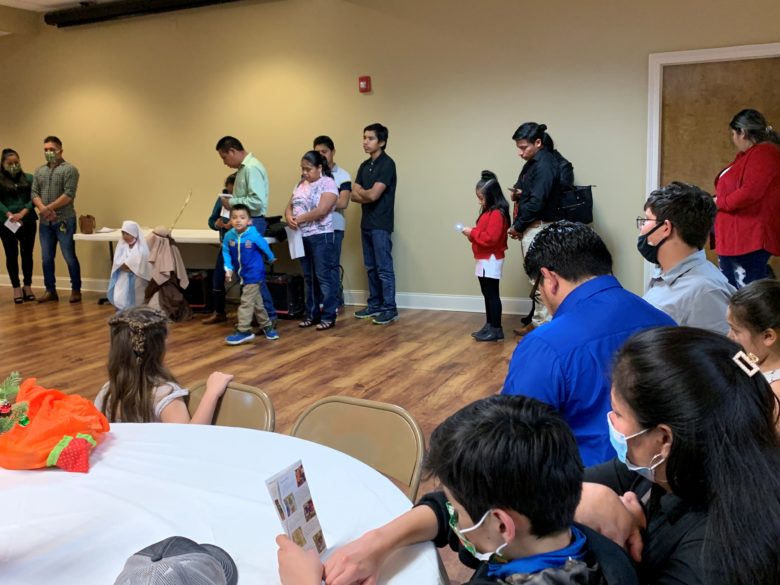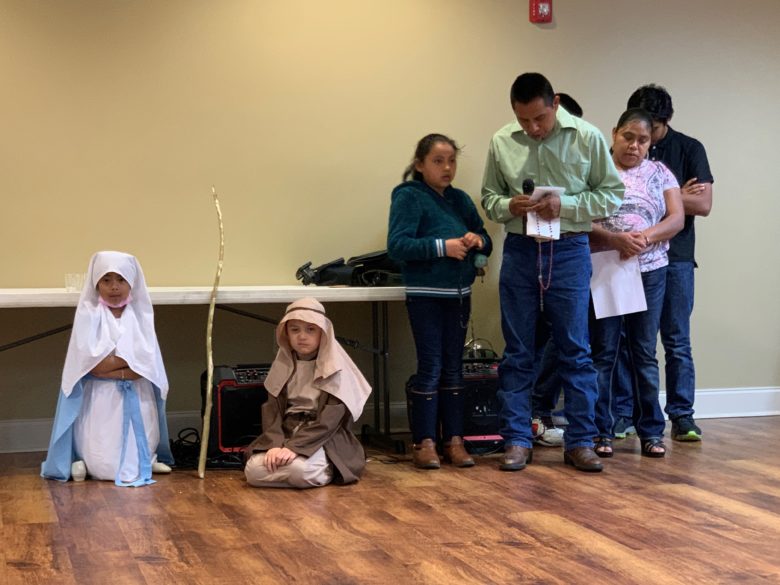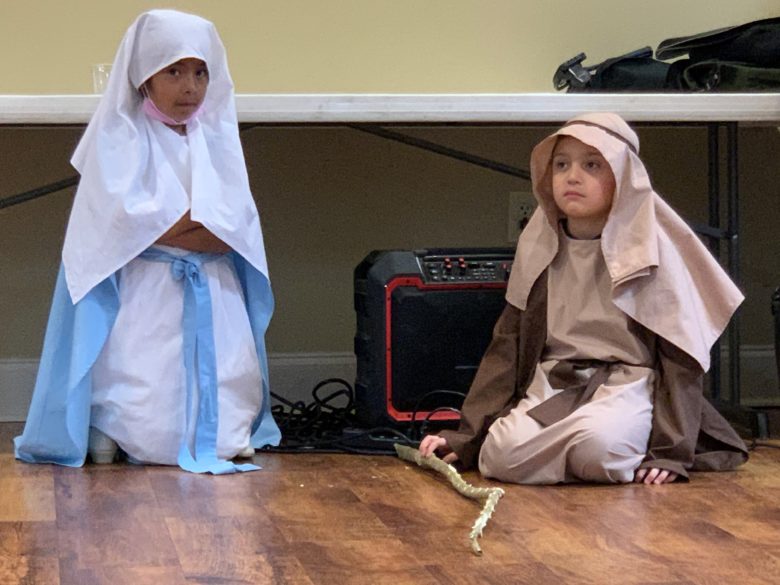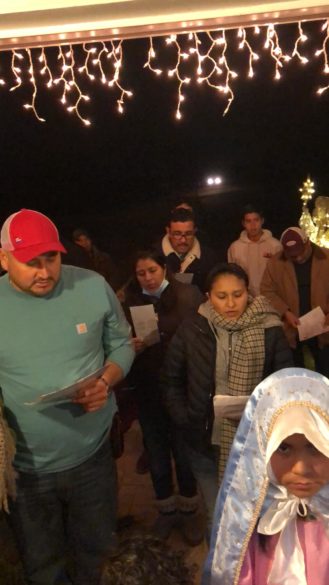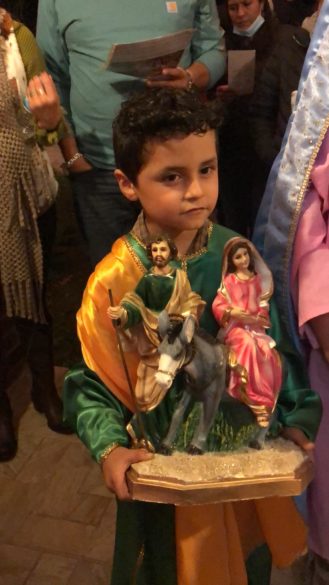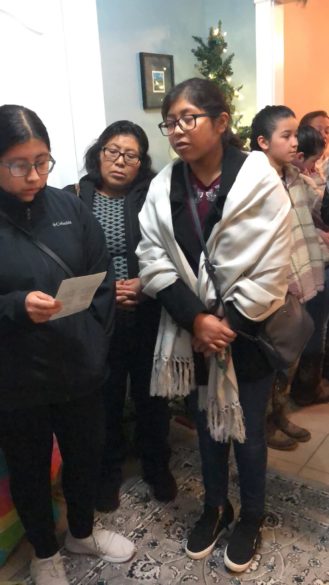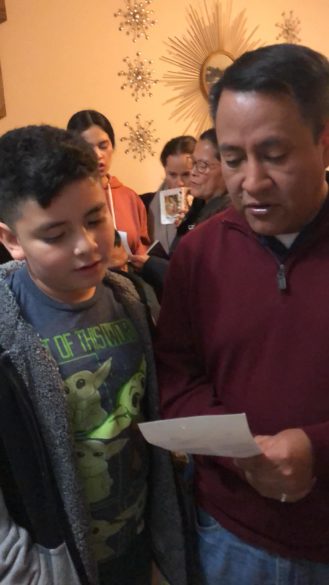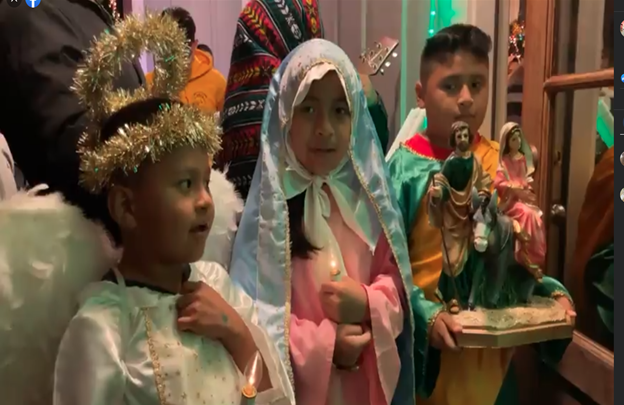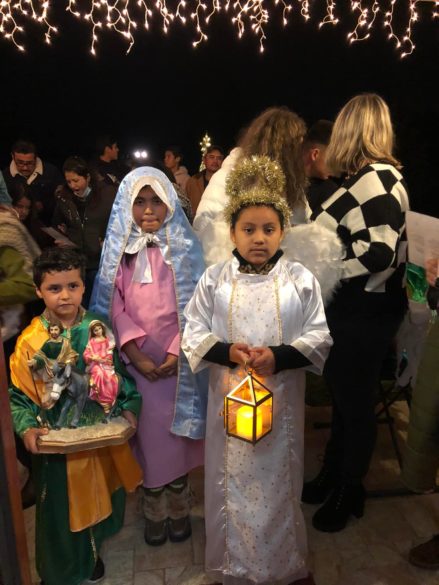SEPI student reflections
CANTON – Three young adults from Holy Child Jesus parish in Canton traveled to Miami to attend the “Journeying Together” youth leadership gathering that SEPI (Southeast Pastoral Institute) hosted Jan. 3-7. The program was centered on Pope Francis’ call to journey with the church towards synodality. Below are reflections of the young adults who attended the conference.
Victoria Alexander
I had the honor to be invited along with two parishioners from Holy Child Jesus Catholic Church of Canton to attend the SEPI journey in Miami. I learned so much from this journey through the five days that we were attending. We had various activities and experiences that we went through. We were given three spiritual words to reflect on the whole time we were there: community, beauty and mercy. We all experienced demonstrations of these words and the meanings behind them through the people we encountered or events we went to, and inspirational speakers that spoke to us about their journey on how they got where they are.
One of my favorite parts of the experience was the morning sunrise prayer we had on the beach early that morning and listening to Father read the word and Gospel was so beautiful during that moment. I had never experienced the Holy Spirit like I did that moment.
I am so thankful that I learned more about how beautiful and diverse our Catholic community and church are and what an impact young people can make in the world as young parishioners or missionaries in the church. We were so very blessed to attend this institute and I will never forget this as it has changed the way I view society and the church culture around the world.
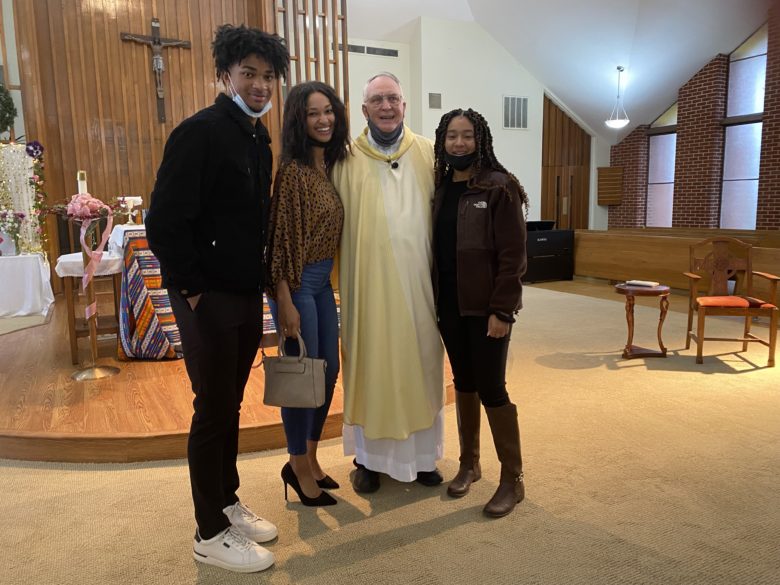
DeAsia Evans
My experience of going to Miami for the Youth Leadership gathering was very inspiring. I had the honor of going to the gathering with the help of SEPI and Catholic Extension. Youth leaders from different states all gathered to share their experiences and what they are doing to better their parish when it comes to the youth. While we were at the gathering, there were three words to remember during our time there. They were beauty, mercy and community.
Throughout my trip, I was able to experience all of those things. I saw beauty when we had sunrise prayer on the beach. We read the Gospel and said prayers as we watched the sun rise. There were even two seminarians there who shared their experience of being in seminary school and talking about how they were born in the Catholic faith. Mercy was shown through adoration when we spent a precious moment with the blessed sacrament and worshiped with The EPIC band. Lastly, community was shown when we came together and made hygiene bags, lunch and provided Christmas presents to those in need and for those who did not have a place to stay. Overall, it was such memorable experience that I will never forget, and it is something that I will do again.
Vincent Alexander
I am blessed and honored to have been chosen to attend the SEPI trip; I learned a lot and thoroughly enjoyed myself. I learned about the diversity in the Catholic community, as well as how things get more interesting within SEPI and other organizations.
One of the days I learned about how to connect with others, even those you might not expect to have a story. I learned about meeting and having a relationship with God, not just having a relationship, but also telling others to believe in him and trust in him. Making sure you have a relationship with him helps you to get where you need to go in life and to always have a relationship with him. Prioritize him.
I’ve also realized that God can change my church and help people in a variety of ways. I’d like to thank SEPI and everyone who helped make this possible for me, my church, and so many others. It was a true blessing and life-changing event.

